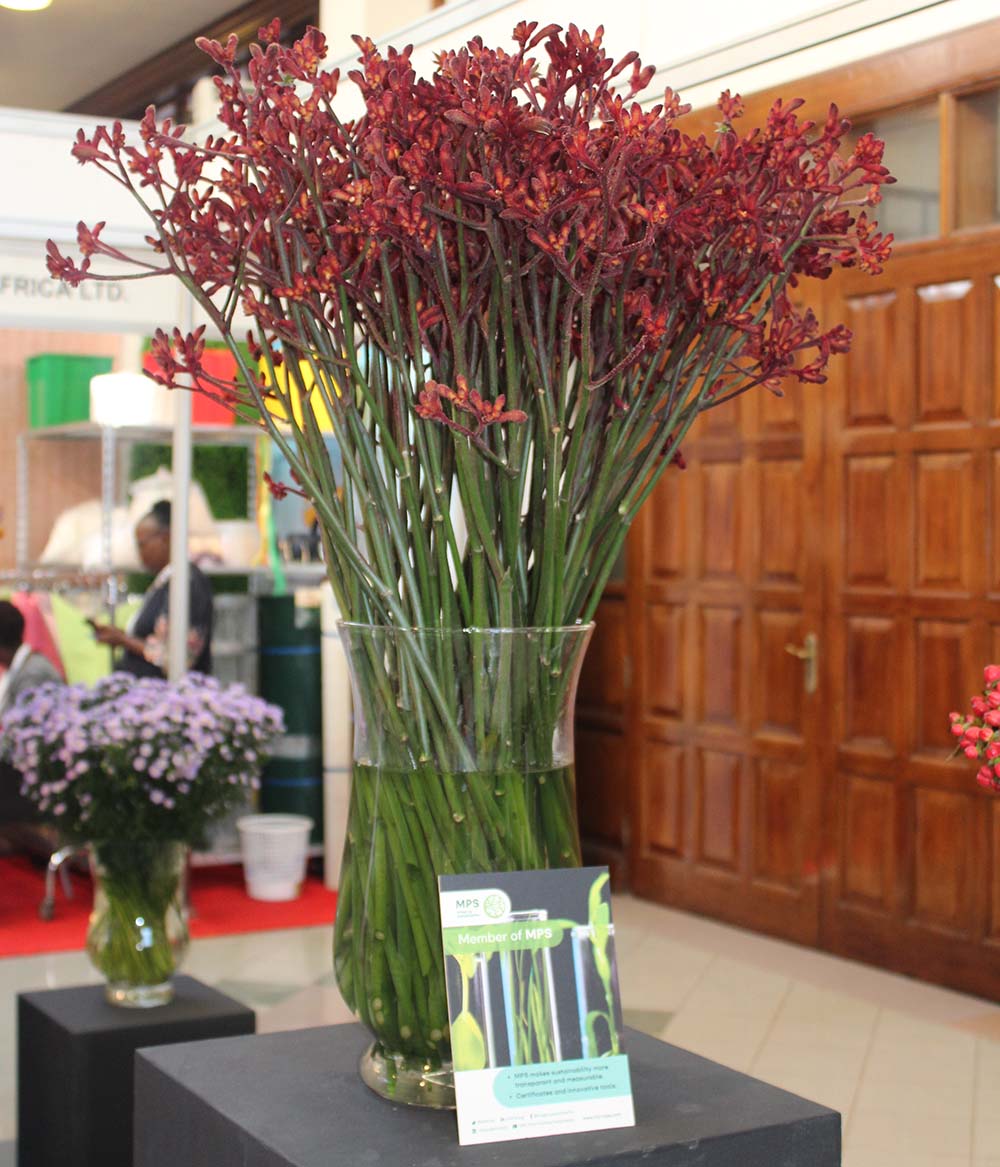
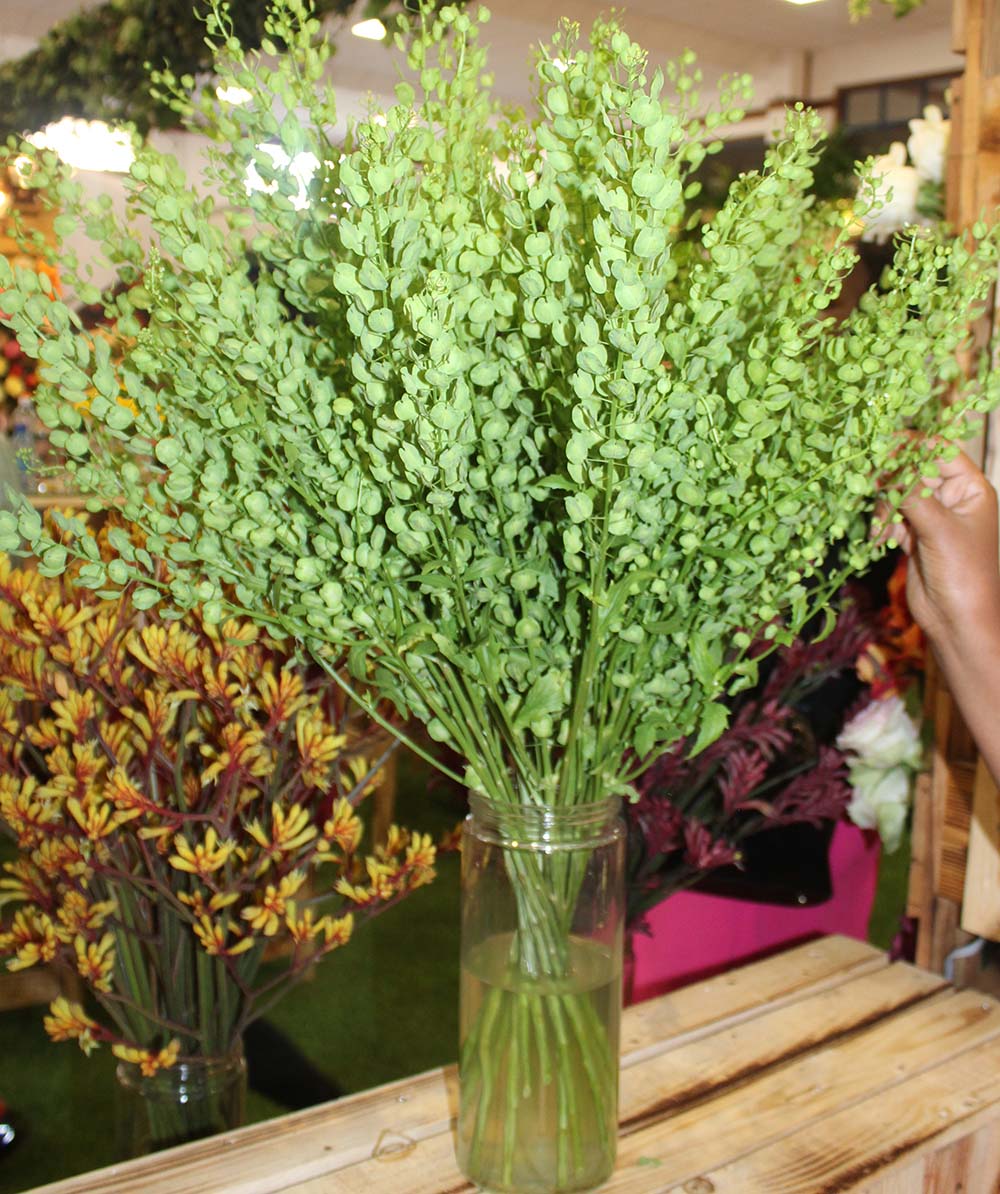
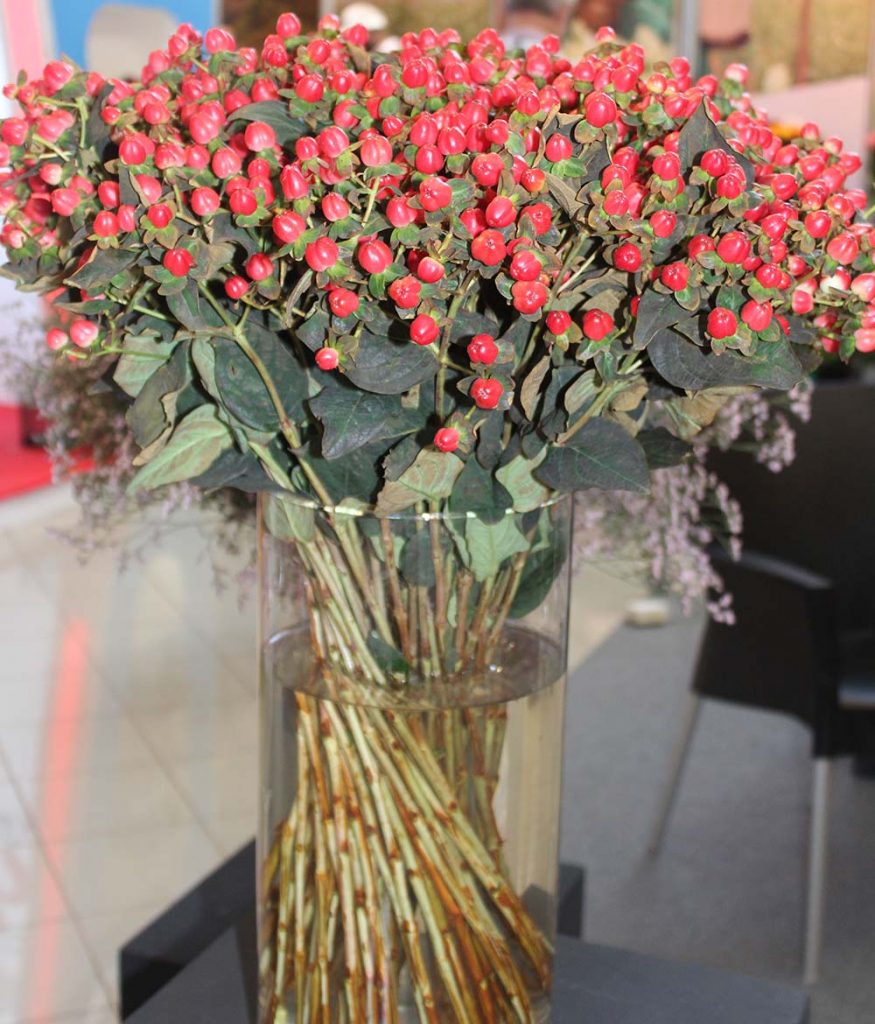

For years, Kenya’s floriculture industry has been defined by roses. They remain the country’s dominant export flower, commanding about 70% of production. But a quiet shift is taking place across the country’s highland fields. Summer flowers are becoming a lifeline for thousands of smallholder farmers. These flowers are not only diversifying Kenya’s export portfolio; they are also opening new socio-economic opportunities that roses alone could never fully provide.
An Accessible Entry into Floriculture
Unlike roses, which demand significant capital investment in greenhouses, specialized propagation material, and advanced irrigation systems, summer flowers can be grown outdoors year-round. They thrive in Kenya’s warm, temperate climate and require lower input costs, making them more accessible for smallholders managing one or two hectares of land. For many farmers, the choice to grow summer flowers is straightforward: the initial investment is affordable, production is less complex, and market demand is steadily rising.
This accessibility has allowed small-scale farmers, many of whom previously depended on staple crops like maize or beans, to step into the floriculture industry. Compared to traditional crops, flowers offer higher and more stable returns. Farmers supplying companies such as Wilmar, for instance, have seen significant income improvements after shifting from vegetables to flowers. With a guaranteed export market and better pricing, summer flowers represent an attractive economic alternative in rural areas where opportunities are limited.
Niche Varieties, Niche Markets
Smallholders are also finding their edge in niche summer flower varieties that larger farms often overlook. Unique blooms like Scabiosa, Astrantia, Craspedia (Billy Buttons), Nigella, and Ammi majus are well suited to boutique markets in Asia and the Middle East. These markets often value distinctive textures and colours over mass-produced stems. In some cases, buyers even pay upfront for deliveries, reducing financial risks for smallholders and ensuring cash flow.
Digital platforms are enabling farmers to connect directly with buyers across 45 countries. This helps them bypass layers of intermediaries and gain better market visibility. Direct trade into markets like Dubai, Saudi Arabia, and Pakistan is already proving lucrative for small-scale growers. By carving out space in niche markets, smallholders are not competing head-on with large estates but instead adding complementary value to Kenya’s export portfolio.
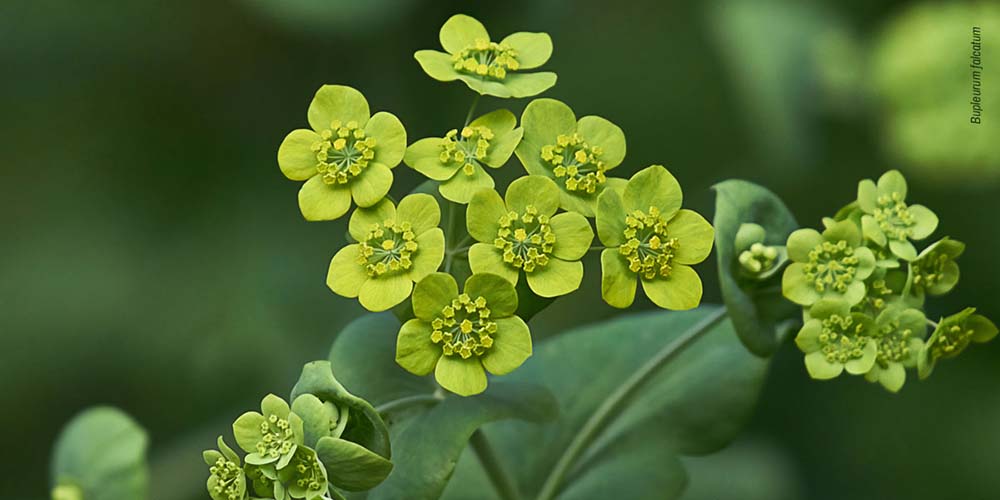
Women at the Heart of Summer Flowers
The socio-economic benefits of summer flower cultivation extend beyond income. Women play a central role in this sector. Across the floriculture industry, women account for more than 50% of the workforce, particularly in harvesting, sorting, and bouquet-making. For rural women, flower farming provides not just wages but also financial independence, opportunities for skills development, and a pathway to improved social status within households and communities.
The Kenya Flower Council (KFC), together with Women Win, has rolled out the Drawing The Line (DTL) initiative on many farms. This program addresses challenges faced by women in the workplace, such as harassment, discrimination, or unequal pay. By tackling these issues directly, the industry is moving toward a more inclusive and equitable environment where women’s empowerment is not just a by-product of flower farming but a deliberate priority.
Building Resilience Through Collaboration
The contribution of smallholders goes beyond individual livelihoods. Their integration into Kenya’s summer flower value chain strengthens the entire industry’s resilience. Large farms that dominate bouquet-making often source up to 25% of their flowers from smallholders. This not only diversifies their supply base but also reduces risks of shortages during peak seasons. For smallholders, it provides reliable market access, while for larger exporters, it ensures bouquets are diverse, attractive, and competitively priced.
Collaboration is also taking shape through joint trading and logistics. By pooling resources, smallholders can consolidate shipments and overcome barriers such as access to cold chain facilities. Grouping together allows them to participate in export consignments that would otherwise be out of reach for an individual farmer.
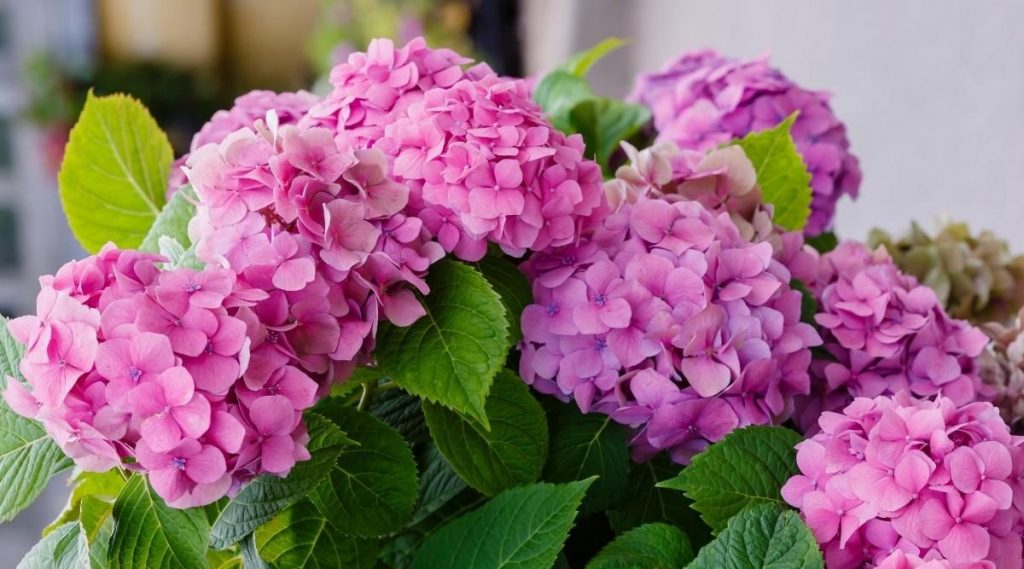
Creating Rural Employment and Value Addition
Summer flower cultivation is labour-intensive, especially during harvesting seasons. This creates seasonal employment for rural youth and casual workers in packaging, transportation, and handling. The bouquet-making process adds further value by requiring skilled labour for arranging, mixing, and packing flowers before export. By engaging smallholder-grown flowers in bouquet-making at source, Kenya not only retains more revenue locally but also multiplies the employment impact.
This model of value addition is increasingly attractive to global retailers, who prefer ready-made bouquets over raw stems. For smallholders, it means their flowers can end up on supermarket shelves in Europe, the Middle East, and Asia as part of carefully curated arrangements, enhancing their visibility in global trade.
Challenges That Cannot Be Ignored
While the opportunities are clear, smallholder farmers still face hurdles. Limited access to cold chain infrastructure means flowers are often transported in non-insulated trucks, risking quality degradation. Consolidating shipments increases costs and administrative complexity. Fluctuating demand in export markets can also make it difficult for smallholders to survive during off-seasons without access to affordable credit.
Another pressing issue is wages and working conditions. Despite progress, a 2023 study found that about 63% of workers in the floriculture sector are paid below a living wage. The roadmap developed by IDH, the Sustainable Trade Initiative, offers a path toward improvement, but more collective action is needed to ensure that prosperity is shared fairly across the sector.
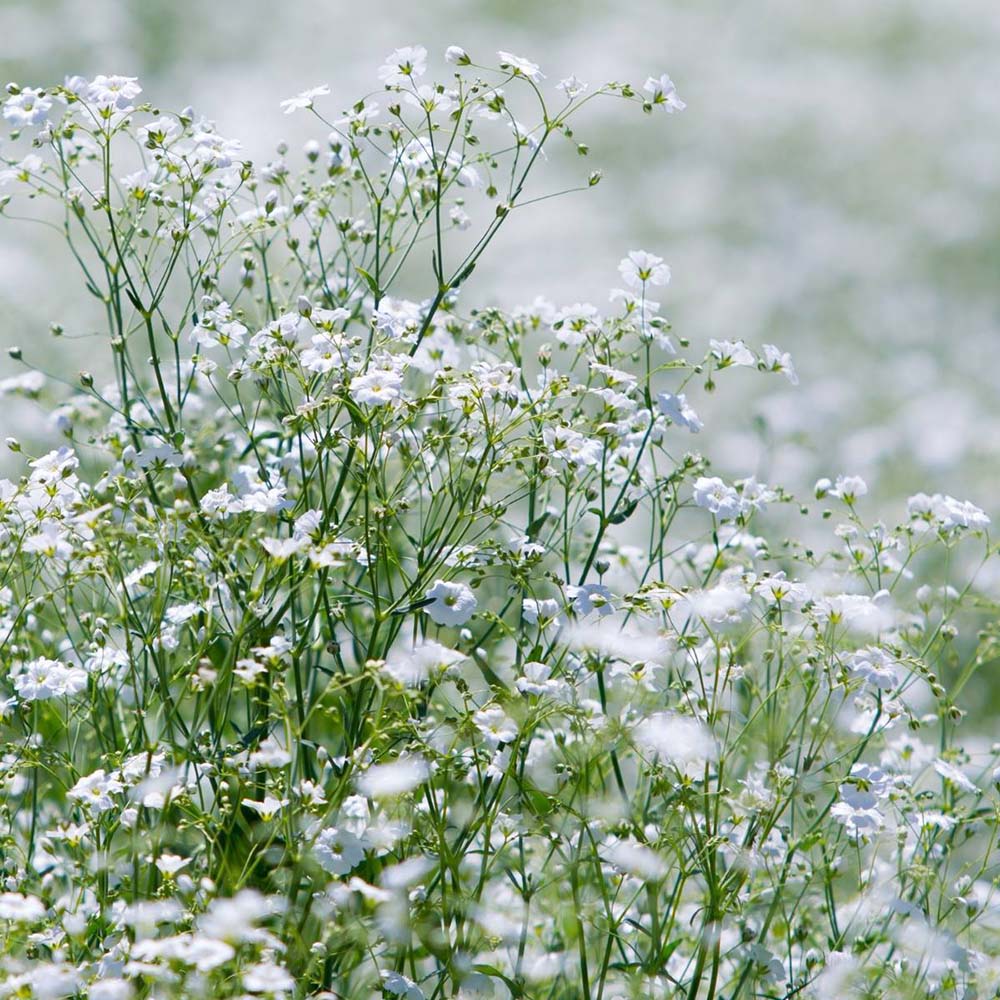
Environmental sustainability is also becoming unavoidable. Global buyers are demanding greater transparency on carbon footprints, water use, and pesticide application. While many larger farms have adopted practices like solar-powered cold stores and rainwater harvesting, smallholders often lack resources to make such investments. Without targeted support, they risk being excluded from markets where certification and sustainability compliance are prerequisites.
The Future of Smallholders in Floriculture
Despite these challenges, the rise of summer flowers is an undeniable opportunity for smallholder farmers. It represents a shift towards a more inclusive floriculture model where both large estates and rural households contribute to Kenya’s export success. By cultivating niche varieties, engaging in bouquet-making supply chains, and tapping into new markets, smallholders are strengthening their position in the global flower industry.
For Kenya as a whole, summer flowers are more than just fillers in bouquets; they are a vehicle for rural transformation. They create jobs, empower women, enhance foreign exchange earnings, and diversify the national economy. As global demand continues to evolve, supporting smallholders with better infrastructure, fairer wages, and sustainable practices will be critical to unlocking the full potential of this sector.
